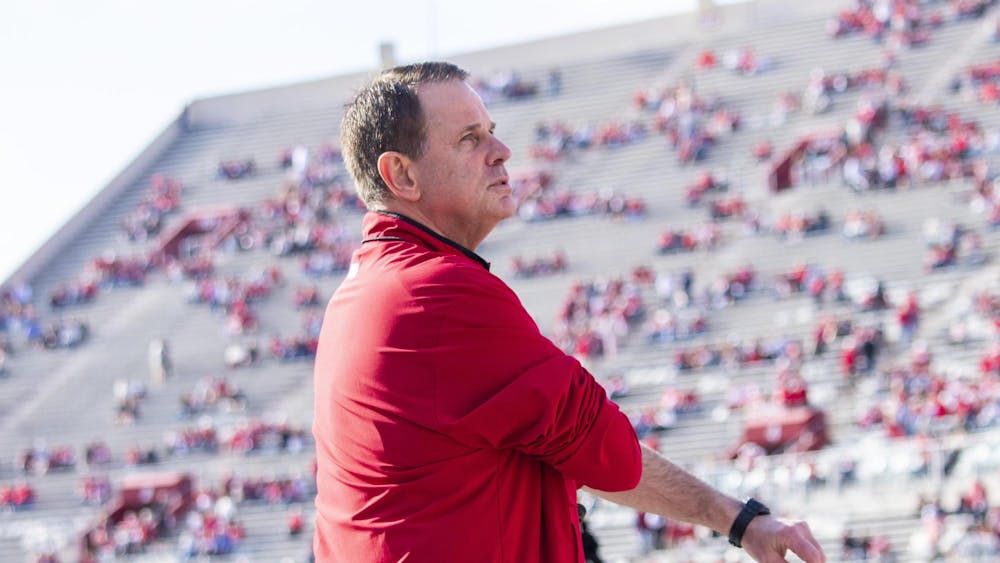Colorado State Rep. Shawn Mitchell has introduced legislation in his state to create an outlet for students who feel their conservative political beliefs threaten their grades.\nBut some feel the proposal may actually limit political discussion in classrooms. \n"This isn't about stifling political debate," Mitchell told The Chronicle of Higher Education. "It is about allowing political debate and trying to create a fair environment for everyone." \nIU College Republicans President Angel Rivera has heard many stories about liberal professors teaching their political bias, including one who tried to argue HAMAS and Hezbollah are humanitarian organizations.\nHowever, Rivera said he is wary of Mitchell's bill.\n"It's good to an extent because it could help limit bias," he said. "But I fear anything that could limit discussion in American classrooms."\nRivera also said while he has had many left-leaning professors, they have not stopped him from expressing his views, nor have they threatened his grades.\n"I've personally never been stopped from discussing my views," Rivera said. "I don't know. Maybe that's not the case in Colorado."\nIU's political science department is especially filled with liberal professors, Rivera said.\nDepartment Chair Jeff Isaac said political beliefs do not interfere with the way political science professors teach.\n"Our teachers strive to be fair in the classroom, to represent the most important scholarship that is available and to illuminate political issues in a way that is informed and also open to the questioning and discussion that is at the heart of real education," Isaac said. "Whatever their political, musical or culinary tastes, political science professors do their jobs as professionals."\nFormer IU College Democrats Vice President Laura Walda said a professor's views have nothing to do with what is taught.\n"As long as a professor is being a good teacher, there's no reason to be concerned with their political views," she said. "I have several professors, both liberal and conservative, who say that if they come off as liberal or conservative, 'That's how I am,' but we're not being graded on their beliefs. They don't give out tests asking who the greatest president was and expect us to answer Ronald Reagan or FDR."\nIsaac also blasted Mitchell's proposal because he said it doesn't accurately reflect the nature of most classroom discussions.\n"They are motivated by inaccurate and politically-motivated accounts of what actually goes on in the vast majority of college classrooms," he said. "I do not deny that there are, in some places, violations of the principles I have enunciated, some serious, most less serious. But such violations are not common, and the basic commitments and procedures of academic freedom and faculty governance are sufficient to deal with them."\nIn fact, it is Dean of Students Richard McKaig's job to hear complaints from students who feel their professors' teachings are leaning too far to either end of the political spectrum, though McKaig said he hasn't had such a complaint in the past few years.\nPolitical bias is not always a bad thing, but sometimes it interferes with the educational process, said Chase Downham, sophomore and president of the Grand Old Cause, a conservative student organization.\n"I personally think it's sometimes nice to get another point of view," he said. "The bad part of that is when only one view is presented. To ignore the other side is not really teaching."\nTo combat this, students at the University of Colorado in Boulder, Colo., launched a Web site last month where students could report professors who expressed their political views.\nDownham said creating such a site at IU has been discussed and one may appear in the future.\n-- Contact senior writer Chris Freiberg at wfreiber@indiana.edu.
Students debate political bias in school
Get stories like this in your inbox
Subscribe




